News
 Children in the bus, Lucie Hosdiene Darras
Children in the bus, Lucie Hosdiene Darras
Lucie Hodiesne Darras - Photographer
Lucie Hodiesne Darras, who graduated in 2020 from the bachelor's degree in photography and video at GOBELINS Paris, has just been selected by the Bibliothèque Nationale de France, in partnership with the Ministry of Culture, for her series entitled: "Radioscopie de la France: regards sur un pays traversé par la crise sanitaire". In parallel, she works on endometriosis and pain related to the female body. All the projects of this young committed and talented photographer gravitate around the themes of the body and disability.
What projects are you currently working on ?
I have just been selected for the “Grande commande photographique de la BNF” in partnership with the Ministry of Culture : "Radioscopy of France: glances on a country crossed by the health crisis". With this project, I would like to address the psychological consequences of the pandemic on people with mental disabilities.
I am also working on another project on endometriosis and the pain related to the female body.
What has been your career path since graduating in 2020 ?
I graduated in the middle of the covid crisis, so most of the artistic activities were at a standstill. I did some assistant work for the Swissmiss studio in Paris, then I had to return to Normandy.
I used this time as an artistic residency. I sorted out the 3000 photos I had taken during my internship abroad in Sri Lanka to release a self-published travel book called Ceylon Diary.
This break gave me the opportunity to work on another project. It’s the extension of Lilou, my graduation project about my austistic brother. I found a publisher right after graduating, and just finished working on the layout.
I also exhibited Lilou at Revela’T, a festival of film photography in Barcelona and at the Fotolimo festival, at the French-Catalan border.
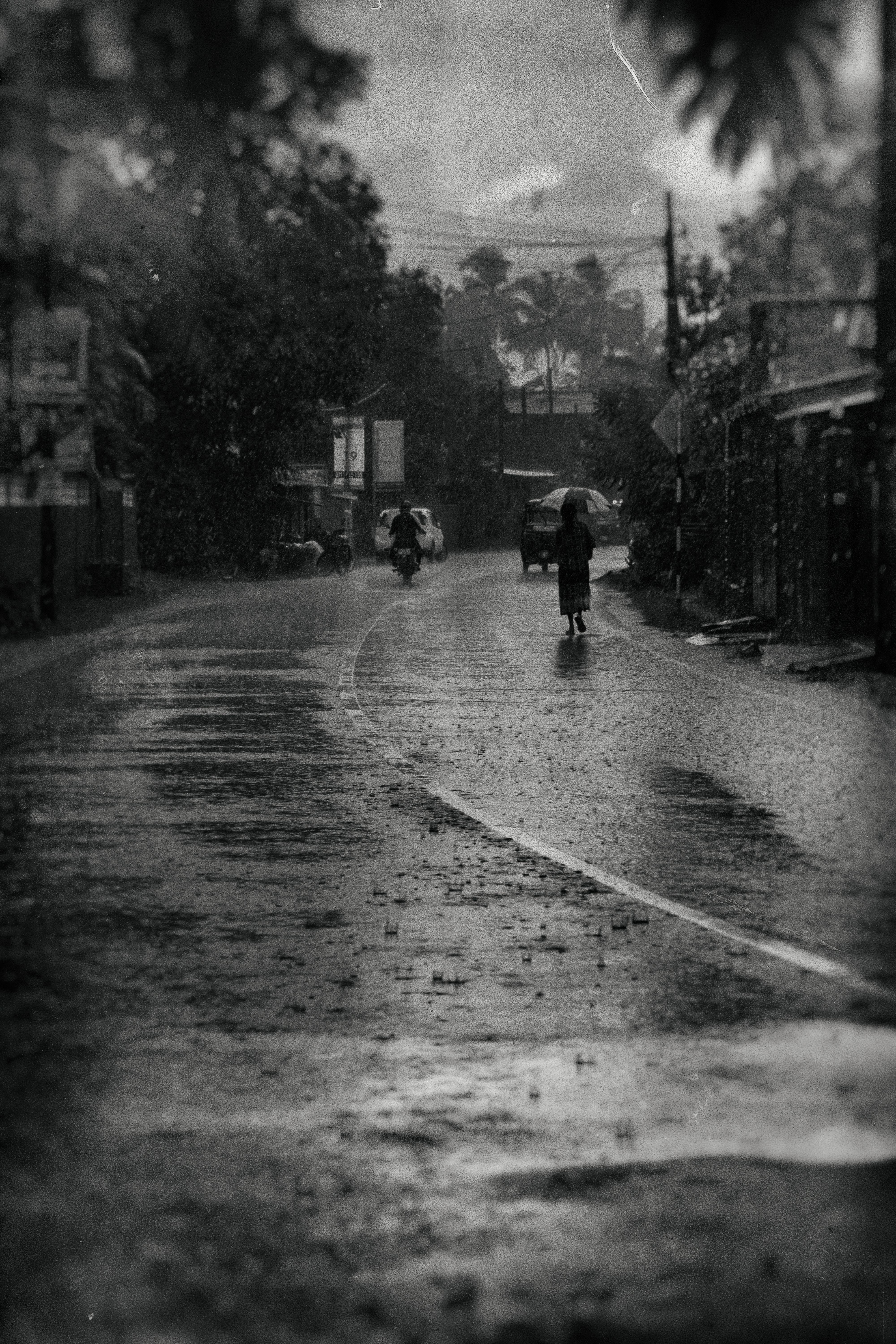
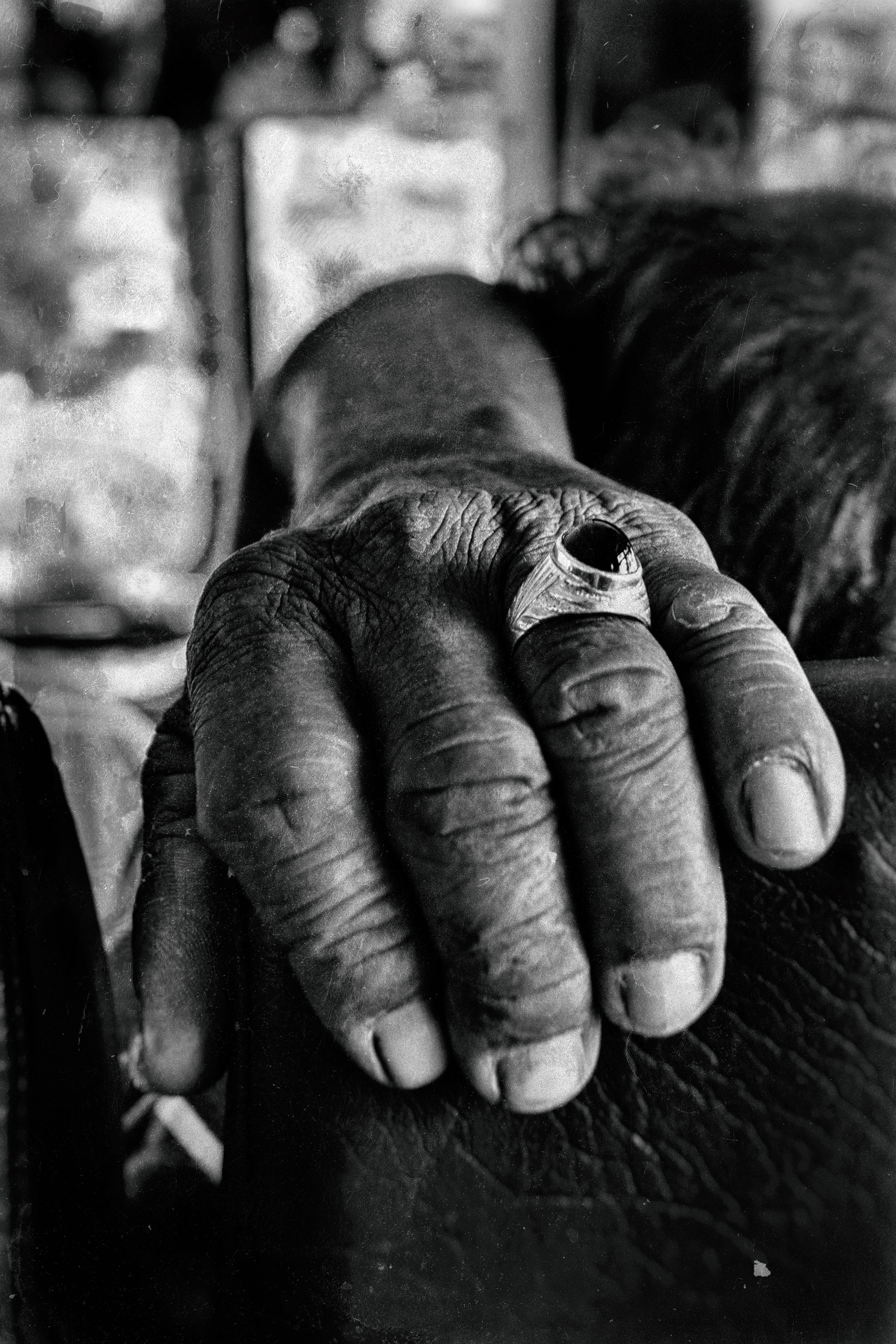
Rainy day in Galle, Lucie Hodiesne Darras
Fingers, Lucie Hodiesne Darras
You won several awards for "Lilou", including the Marcel Bleustein Blanchet Foundation's Vocation Award. What motivated you to develop this project ?
I started the series during my first year at Gobelins. It was the first time I was shooting on film. The assignment was to tell a story in 36 frames, during the autumn break. I immediately thought of doing a project about my brother, to show the daily life of an austistic person.
I took the pictures without knowing what was going to happen, I just captured the moment. When I saw how the pictures came out, it was very emotional. I realized how much love I had put in that project. I really had some good feedback on my work, especially during the portfolio session at the Visa pour l’image festival in Perpignan. That was a real booster to carry on my work.
I rapidly realized that there was very little visibility on the daily life and care of autistic children and adults. This became my focus point. I wanted to change the perspective on autistic disorders.
I quickly knew that I wanted to transform this project into a book. The Marcel Bleustein Blanchet Foundation and the Crédits Agricole bank supported me for this project.
This year I also received the support of Pic&Pick Me in my work on handicap.
You also worked on another publishing project, "Looking for my own body".
I started this series just before my graduation. Showing in images how one rebuilds oneself after a physical or psychological trauma, what happens inside, was important for me. I wanted to create images in which everyone could find themselves, whatever their story.
I chose the pinhole camera for its timeless and slightly melancholic side, but also because it highlights this theme of body envelope. Creating an object with this series was important to me . I released BLOGUE 001 in September 2021, with Bis éditions.
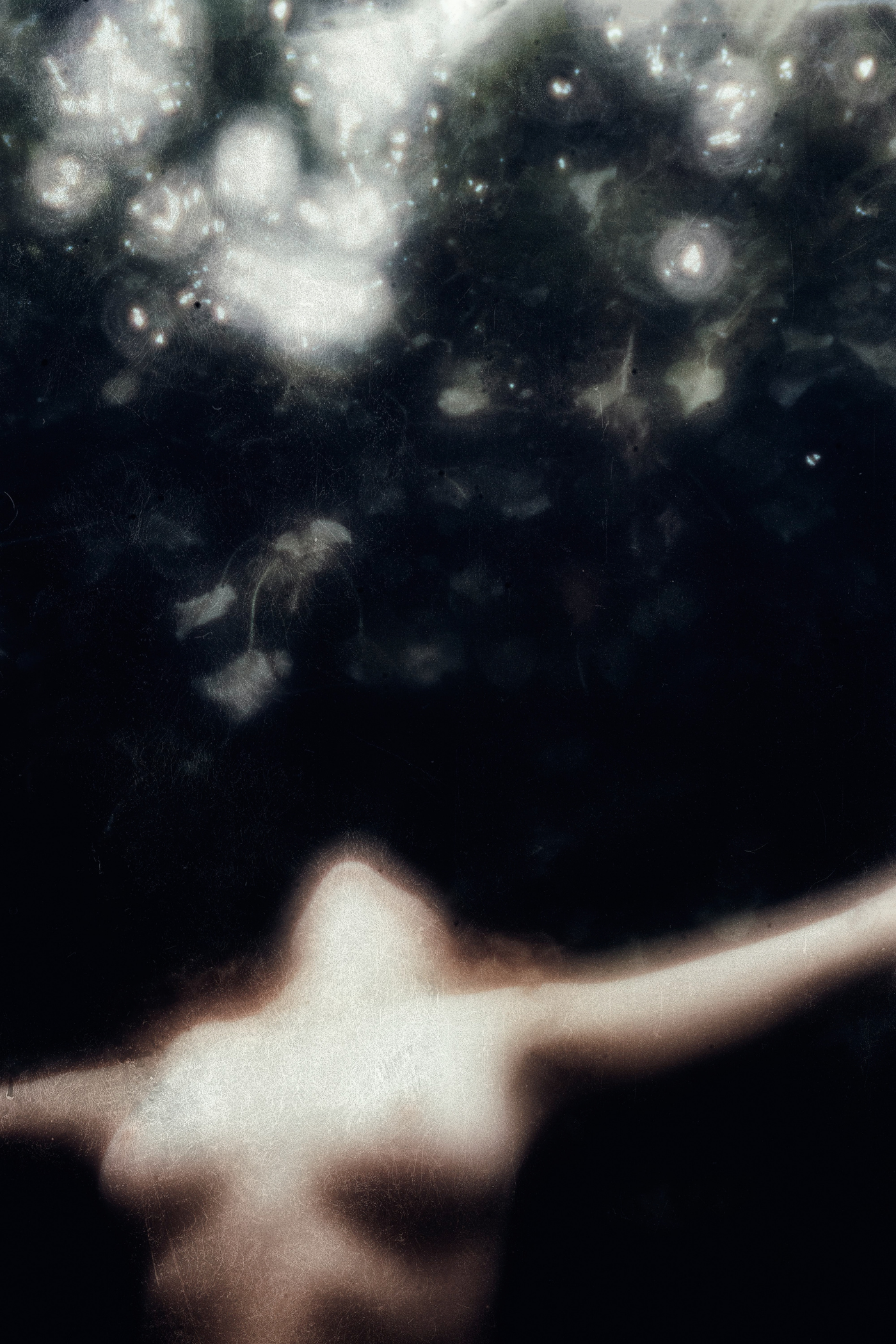
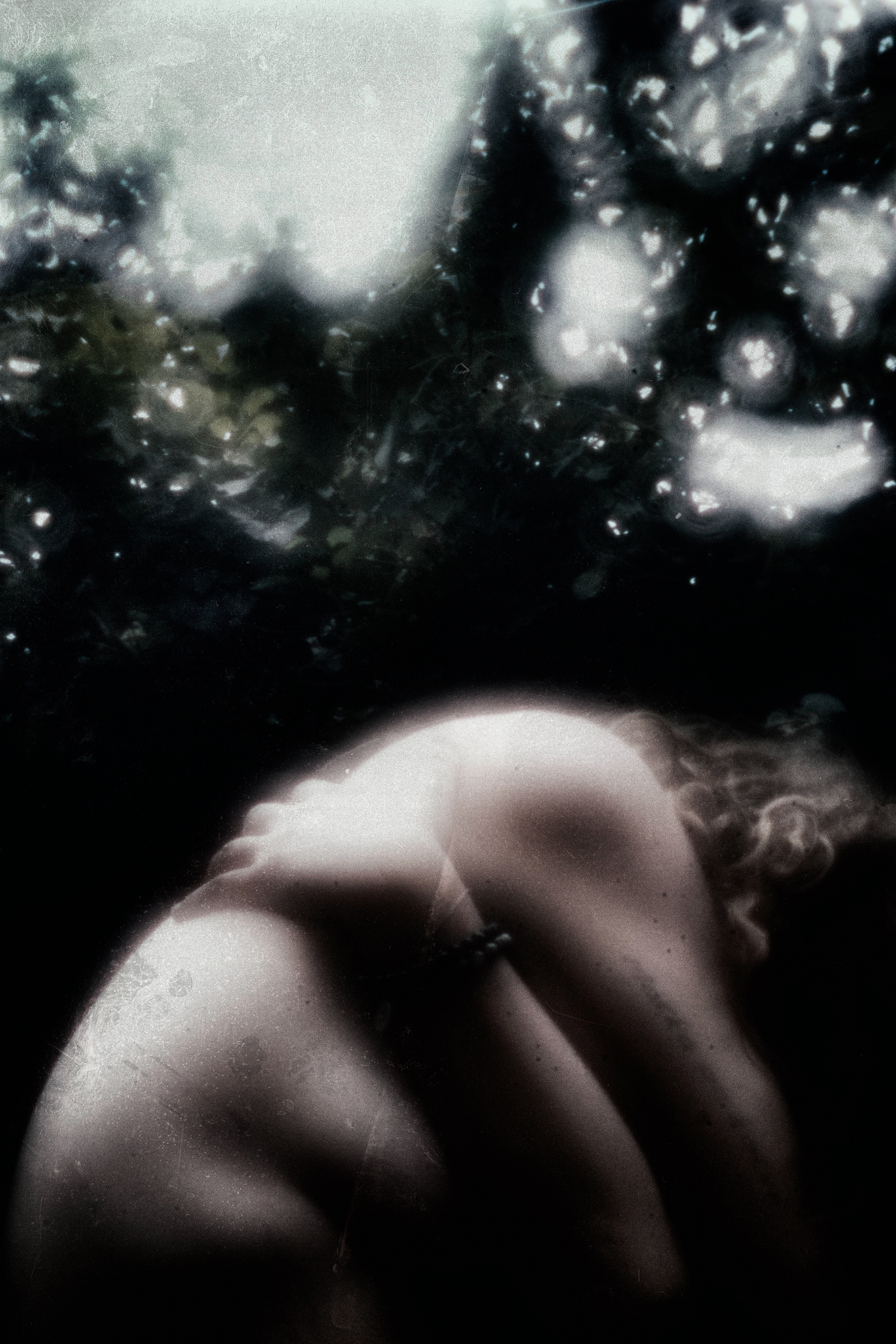
Looking For My Own Body, Lucie Hodiesne Darras
Looking For My Own Body, Lucie Hodiesne Darras
What inspires you ?
I really like the work of Diane Arbus, because she brings to light all those who tend to be invisible in society. Sabine Weiss inspired me too, she has this same softness, she manages to capture a lot of emotions through the eyes of the people she photographs. I also love the work of Sebastiao Salgado. He is a reference for me in terms of his black and white technique. He has an incredible way of capturing light.
I was also greatly influenced by cinema in the composition of my shots. My brother looks a little like a rock star, a movie icon, so Dennis Stock's work, especially his portraits of James Dean, inspired me a lot for Lilou.
Can you tell us a good memory of your years at GOBELINS ?
One of my best memories was when we went to a workshop in Tuscany. It was very fulfilling from a creative perspective, it felt like an artistic residency.
I also liked the complicity between the students. We could count on each other, there was no competition as one might fear in the art world.
The professors were also very careful and available, especially Laetitia Guillemin and Jerôme Jehel who accompanied us on our documentary projects.
The GOBELINS network is very important, you feel like you belong to a big family.
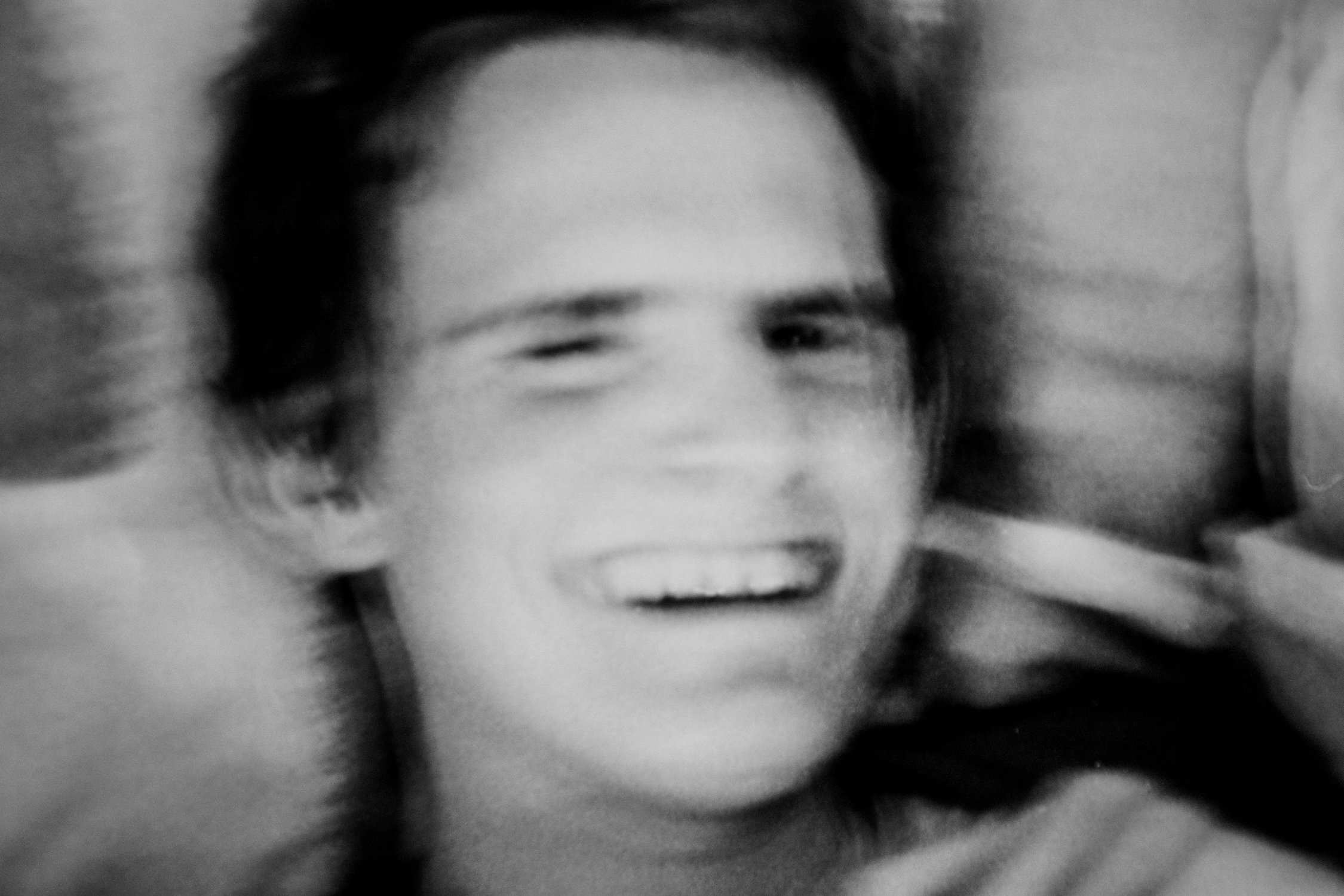
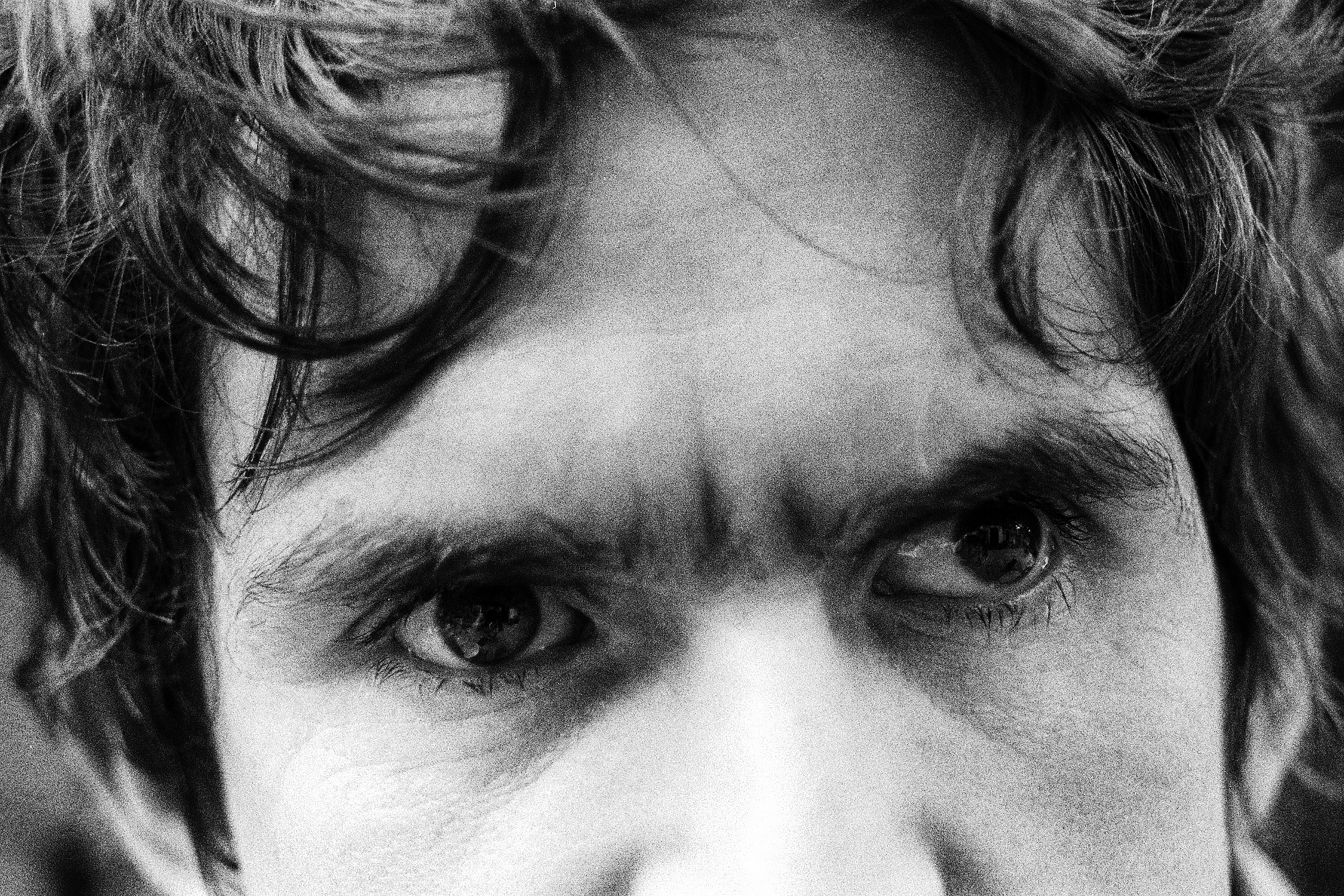
Lilou, Lucie Hodiesne Darras
Lilou, Lucie Hodiesne Darras
What advice would you give to a recent graduate ?
We can feel lonely after leaving school, you shouldn't be afraid to reach out to people, to do portfolio reading, to introduce yourself to festival directors. Do not hesitate to show your work, there is nothing to lose.
It’s also important to answer calls for projects and not be discouraged by rejection. These things happen, you have to keep going and experiment a lot.
Where can we see your work next ?
I will exhibit Lilou at the Rotterdam Photo Festival from the 18th to the 22nd of May. It will be the opportunity to make the series evolve and travel.
Interview by Sophie Jean
 1
1
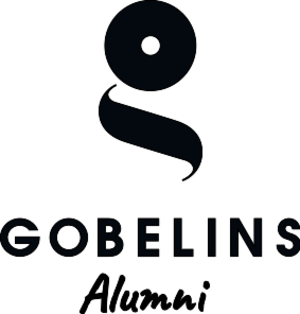







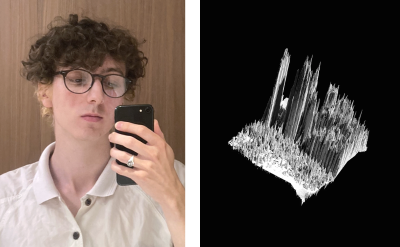
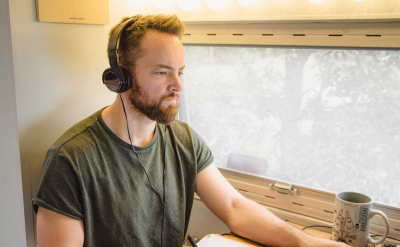
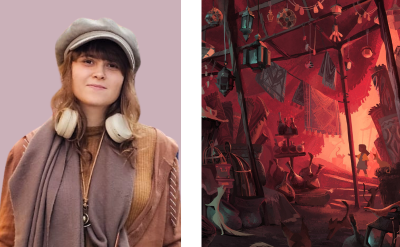
No comment
Log in to post comment. Log in.